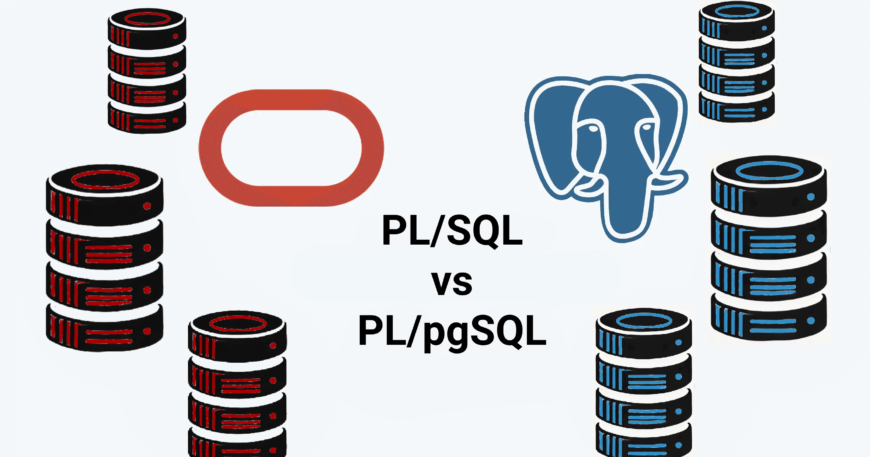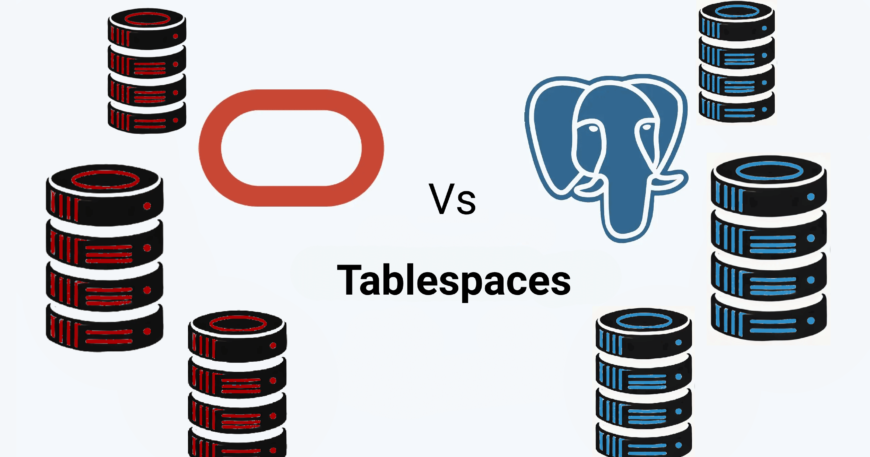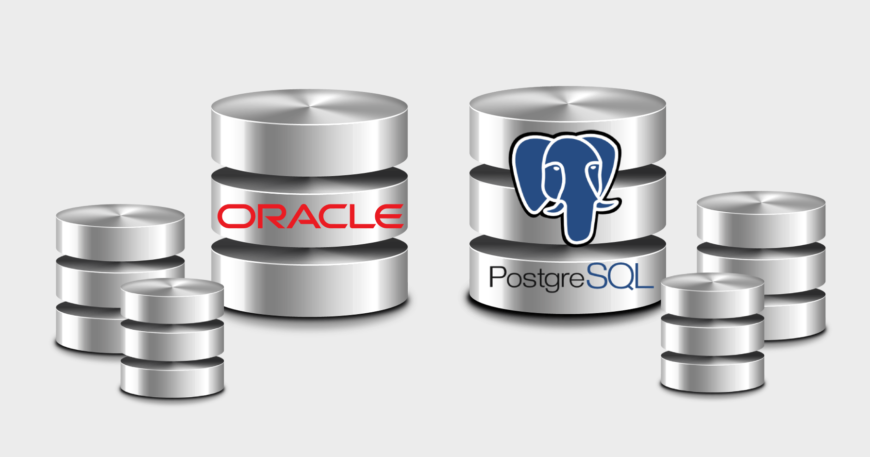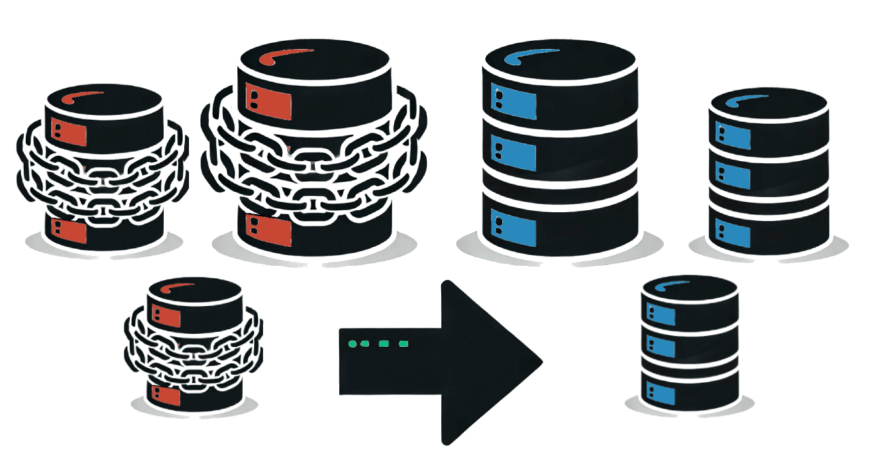Transitioning from Oracle to PostgreSQL: PL/SQL vs PL/pgSQL
Structured Query Language (SQL) is the standard language for managing and manipulating relational databases. It serves as the core mechanism for interacting with databases, enabling users to perform tasks such as querying data, updating records, and managing database structures. SQL’s declarative nature makes it ideal for retrieving and modifying data, but it has limitations when it comes to implementing complex business logic directly within the database.To address these limitations, database systems like Oracle and PostgreSQL offer procedural extensions to SQL. Oracle’s PL/SQL and PostgreSQL’s PL/pgSQL allow developers to implement more advanced logic, including loops, conditionals, error handling, and transaction control—all within the database. These procedural languages enhance SQL’s capabilities, making it possible to write complex routines that can execute closer to the data, thus improving performance and maintainability.As an Oracle DBA transitioning to PostgreSQL, understanding the differences between PL/SQL and PL/pgSQL is critical. This article explores the nuances between the two languages, covering syntax, features, and practical migration tips, ensuring you can leverage PL/pgSQL effectively in your PostgreSQL environment.







